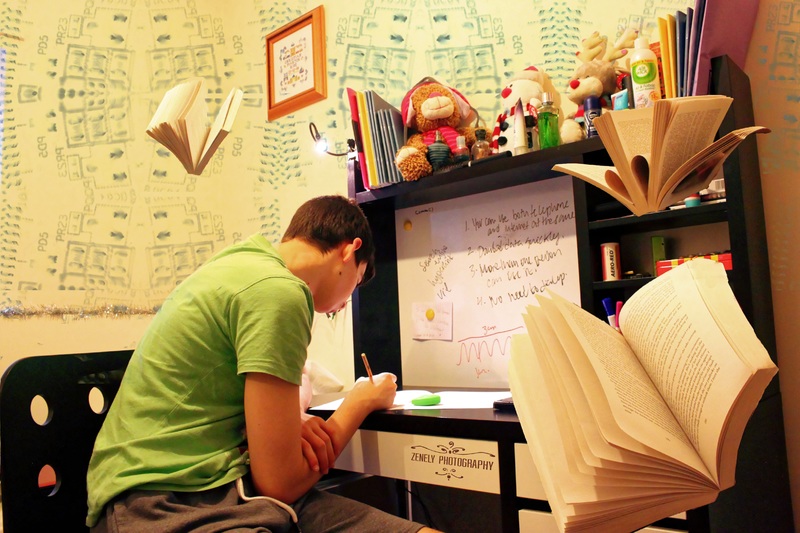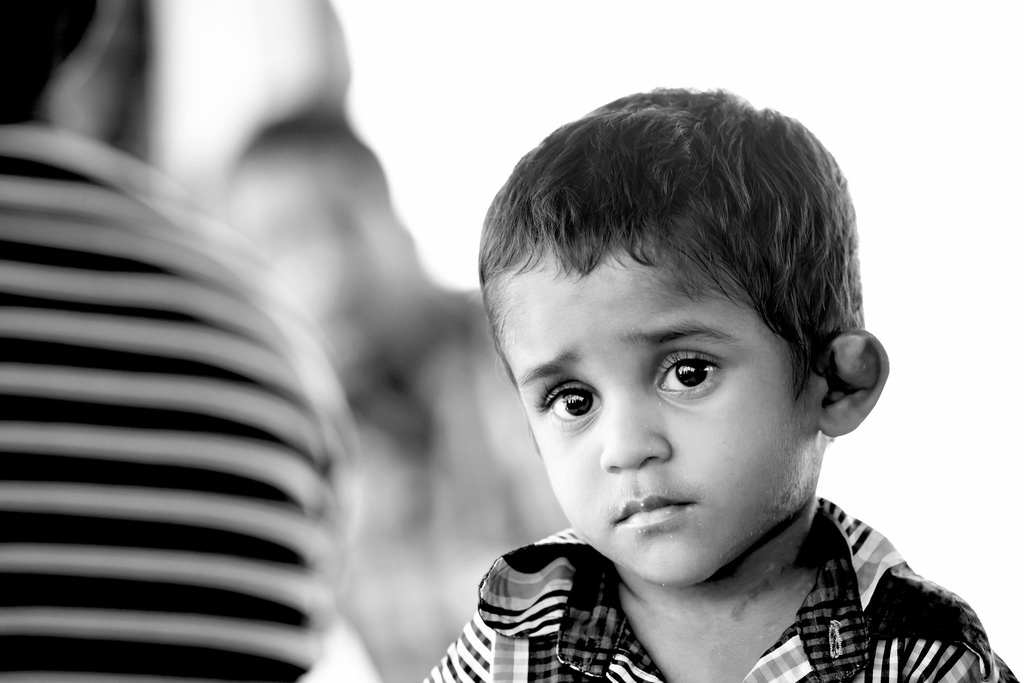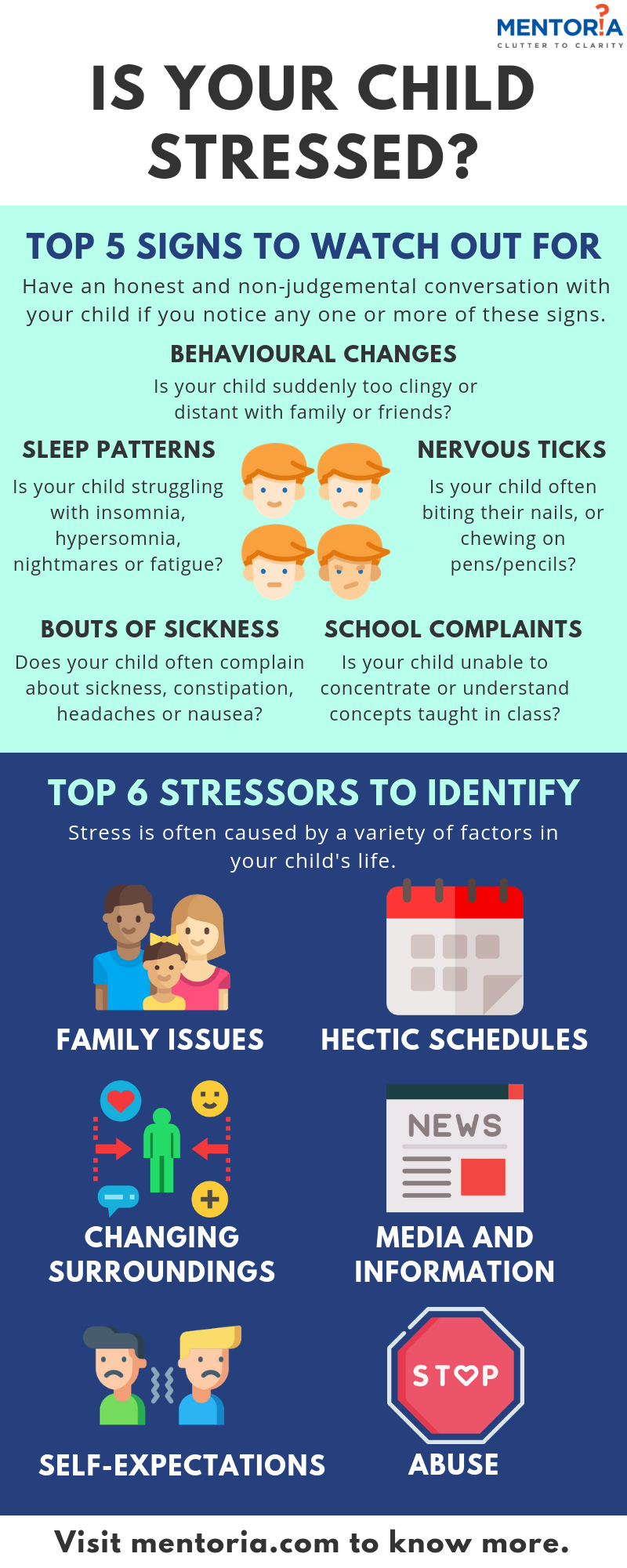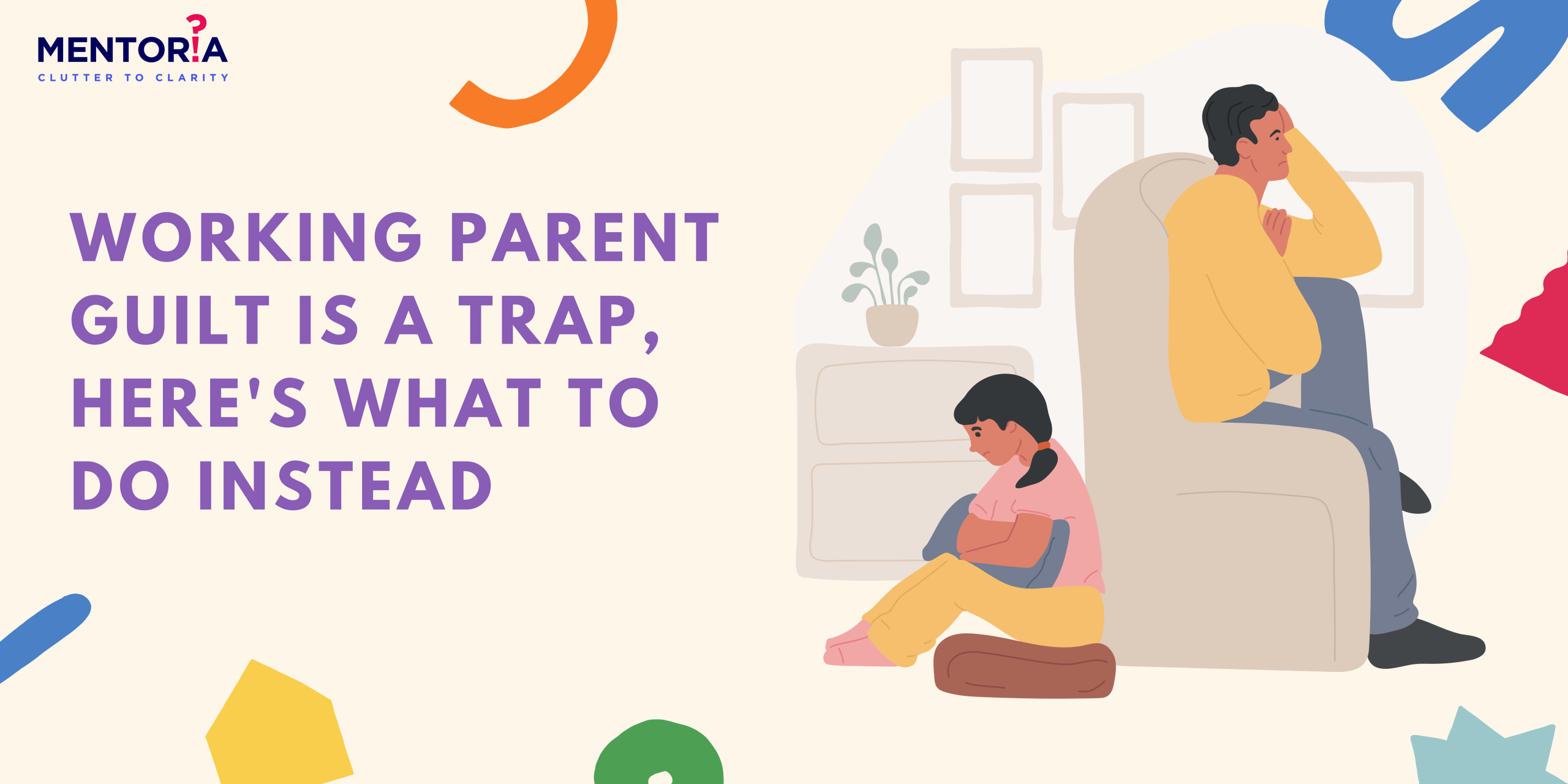How to Identify Signs & Causes of Stress in Children

We all agree that growing up in today’s world just isn’t easy. Take a look at all the teen shows you see and it’s pretty evident that children undergo a lot of stress in their daily lives. Adults aren’t the only ones bogged down by stress; children have academics, peer pressure and parental pressure to deal with, all of which can get quite stressful for a young mind. In the past, we have talked about how schools can help ease a child’s mental well being; here, we’re going to talk about how parents can spot signs of trouble and help their children before the going gets too tough to handle. As a parent, you do know your child best, but sometimes, it’s hard to tell when your child is going through internal struggles. Here are five signs you should watch out for and talk to your children if you spot any of them.
At Mentoria, we understand the importance of easing the mind. When career confusion has you down, Mentoria can help you find clarity. Take Mentoria’s holistic psychometric career assessment test to discover your ideal career based on your unique interests, skills and personality!
Telltale Signs of Stress
Sleepless in Stressville
Does your child seem to have become too much of a night owl? While staying up late has become a norm of sorts, you have to keep an eye on your child’s sleeping patterns. Are they sleeping for six to eight hours every night? If it’s too little or too much, you need to have a conversation with them. Has your child’s appetite changed? Are they eating too much or too little? Disturbed sleep patterns, nightmares, fatigue and refusal to eat are some common ways in which stress manifests itself in children. It is important that you have an open, honest, non-judgemental conversation with your child, and find ways to help them.
Too Sick for School?
The ‘too sick to study’ excuse has been around since the beginning of education. Sometimes, it’s a genuine illness – it could be stomach aches, loose motions, constipation, headaches and nausea, all of which could easily be induced by stress. Or sometimes, the child just doesn’t feel like going to school. If this is happening way too often, you need to get to the root of the issue. Is something at school stressing out your child? Do they often fall sick right around a big test or a dental checkup? Once you spot the pattern, you can find fun ways to motivate your child and reduce their stress. For instance, prep them up for a big test with the promise of their favourite ice cream once it’s over.
Spot the Behavioral Changes
Has your child been a little too clingy lately? Or have they started spending more time by themselves in a room instead of socialising with other family members? Sudden behavioural changes are a common way for children to deal with stress. This behavioural change may not necessarily be towards you. Observe if their behaviour towards their friends and siblings has changed. Chances are, they may not even be aware that something is bothering them. You will have to talk them through it and help them tackle the issue head-on instead of avoiding it until they hope it goes away.
Look for that nervous tick.
Stressed children may pick up nervous habits to subconsciously establish a sense of control, just like adults. These habits can include biting nails, restlessly shaking their leg, chewing on pens, pencils, etc., sucking their thumb or wetting their beds. Understand that they are not doing this out of choice. Asking them “to stop doing it” is not going to help. Instead, talk about their worries and fears. Help them find a way to handle those fears. Once they’ve gained control over their stress, these nervous habits will fade away.
School complaints don’t define your child.
Not every child is made from the same mold. Children come with their own unique set of traits and abilities, and not everyone learns or grows at the same pace. Some children don’t find their place in school as easily as the others, and that itself could bring on stress. Some find it hard to concentrate, some can’t grasp concepts in the standard way taught by teachers – all of these differences could bring on stress. Identify these ‘differences’ in your child and help them develop the right coping mechanisms to keep up with the class. If your child learns better through hands-on training, get more involved in their education. Before berating your child for yet another ‘calendar remark’, try and understand what brought on the remark.
At Mentoria, we know how important it is to understand your child’s unique requirements. That’s why our expert career counsellors provide personalised, step-by-step guidance for your child throughout their career discovery journey.
External Factors Influencing Stress
Stress is often brought on by external factors, and once you identify them, it’s easier to help your child overcome them. Here are a few situations that often cause stress among children:
Family Troubles
Children are smarter and more intuitive than we give them credit for. They pick up on tensed silences, cold fights or even undercurrents of tension in the household. They know what is going on, even if they never confront you out of fear or respect. It is important that you are honest and open with them. Treat them like you would treat any other adult, and help them understand that tensions are temporary. Help them see the light at the end of the tunnel. If they are bothered by family issues, they have only you to count on for assurance.
Hectic Schedules
Back in the day, education was a lot easier to handle. Today, a child’s schedule is packed to bursting with academics, projects, curricular, co-curricular as well as extra-curricular activities. They exercise, study, learn languages, learn computers, play sports, learn dancing, learn art, learn self-defence and then some. As much as their minds are made for learning, they need a “do nothing” slot on their schedule too. If you see that their schedule is taking its toll and causing stress, it’s advisable to take a few things off their list.
Changing Surroundings
New surroundings or changes in the current surroundings could affect your child and cause stress. Ask your child about their day at school and otherwise and look for signs of nervousness or discontent. If they’re finding it hard to cope, work with them to find a solution.
Scary Books/Movies/News
A natural disaster, horrifying news like blasts or armed robberies, scary books, movies and imagery can cause tremendous stress, knowingly or unknowingly. Let them be around you for a healthy period of time. Help them feel safe. You could also play games and take their mind off it. Don’t dismiss their fears as unreasonable because your child doesn’t understand that yet.
Self-Expectations
Children can put a lot of pressure on themselves, as they are constantly competing with their peers. They also struggle to win your appreciation or outdo themselves. While this go-getter attitude is a desirable quality, too much of it could put them under pressure. Cut them some slack; teach them how to take a break and go easy on themselves.
Abuse
As much as this is a tough pill to swallow, it is a very likely scenario. If your child is going through physical or sexual abuse, they are bound to exhibit stress-related symptoms. Apart from being compassionate, non-judgemental and kind while listening to your child, it is important to seek help from professionals.
As a parent, it’s hard to constantly provide a happy and healthy environment for your child. But even they understand that life isn’t always a bed of roses. They love you and would be grateful if you opened up to them and treated them as a ‘friend’ more than someone you talk down to. Create an open, honest environment at home where your child can come to you and talk about anything without the fear of being judged or reprimanded. This will help them open up to you during troubled times, and help you spot trouble before the child is even aware of it.
If you are a student in need of career guidance, get in touch with Mentoria. Our 4-step career guidance solution, helps us find the right career fit for you from 3 streams, 850+ courses & 12,000+ careers.


















